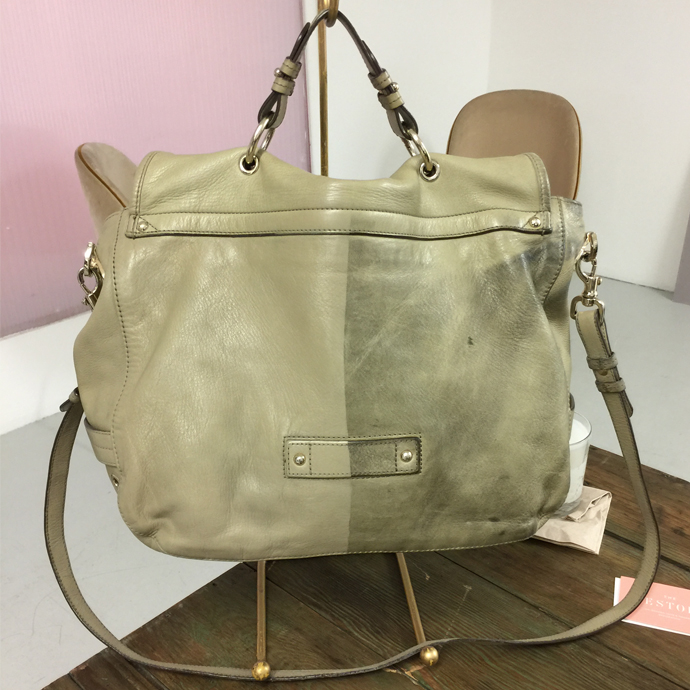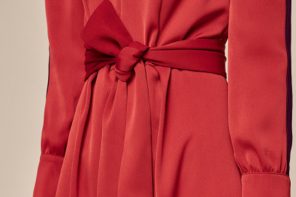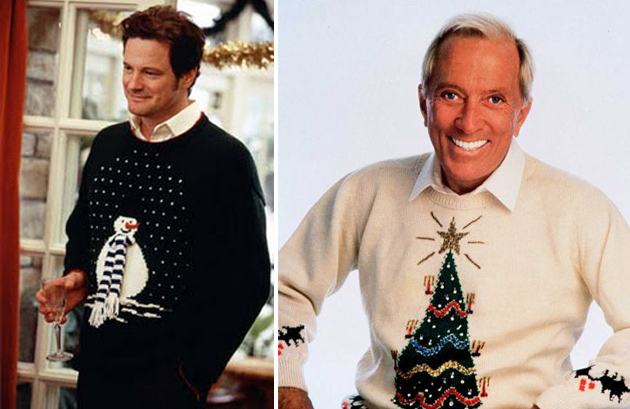This weeks Channel 4 programme Dispatches exposed the terrible working conditions of workers in the UK garment industry and really got us thinking.
Early in my career as a designer I went to India and saw children working in factories, which horrified me. Thankfully things have moved on since then, with retailers being forced to implement strict guidelines to their suppliers and carry out regular inspections. But the Dispatches programme highlighted that perhaps they have not moved on as much as they should have.
Yet I found myself getting very annoyed with the programme, because while I am not denying that it is completely unacceptable that workers should be subjected to these pay and conditions, the researchers failed to highlight the fact that while retailers have a part to play in creating these factories, they are not entirely to blame.
Most fashion retailers work with suppliers who may well appear to have factories who comply to the guidelines set out by the retailers, but they don’t always stick to them. Inspections are carried out on a regular basis, but the retailers will be shown what they want to see, ie, clean factories with decent pay and working conditions. Sometimes this will not be where the clothes are actually made and the pay and conditions may not be as they are portrayed. Of course ultimately it is the retailers responsibility to ensure this does not happen and their extremely high mark ups are definitely part of the problem. But in their defence, there is a whole middle layer of very greedy (and rich) suppliers and factory owners who play a big part in this awful exploitation.
I took the teen to see the heartbreaking film China Blue as part of the Children’s film festival a few years ago. It tells the secretly shot story of young factory workers in China and how they live and work. If you get a chance to see it, do, as it is a moving account of the reality of what happens in the industry in China. Perhaps it should be shown in schools?
Ultimately we all have a responsibility and a part to play and should perhaps view buying clothes in the way we buy food. We no longer think it’s ok to buy a chicken for £3, as we realise their are implications on the food chain and our health, but maybe we we don’t always think about buying clothing in the same way. If a t-shirt costs £2, there is a reason for this and someone somewhere may have suffered in the making of this garment.
In most European countries there is no such thing as fast fashion (although Hennes is expanding rapidly) and clothing generally costs more. In the same way that one learns to cook with seasonal produce and pay a bit more for quality food, shouldn’t we see our clothing purchases in the same way?
It makes me feel quite ill when I see people leaving Primark with countless bags of clothes, that will almost certainly last no longer than one season – if that. I love clothes and understand that not everyone has a limitless budget, but personally I would much rather have one slightly more expensive item which will last longer.
Isn’t shopping for fast fashion a bit like eating McDonald’s, it feels good at the time, but boy do you feel bad about yourself afterwards!!
Maybe what we need is a Jamie Oliver of fashion. What do you think?





